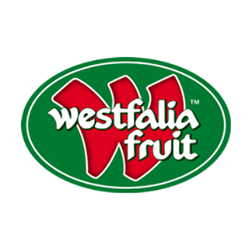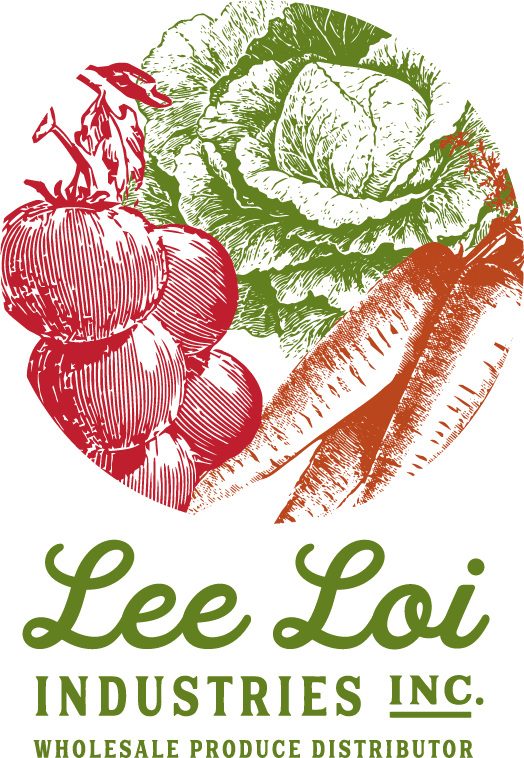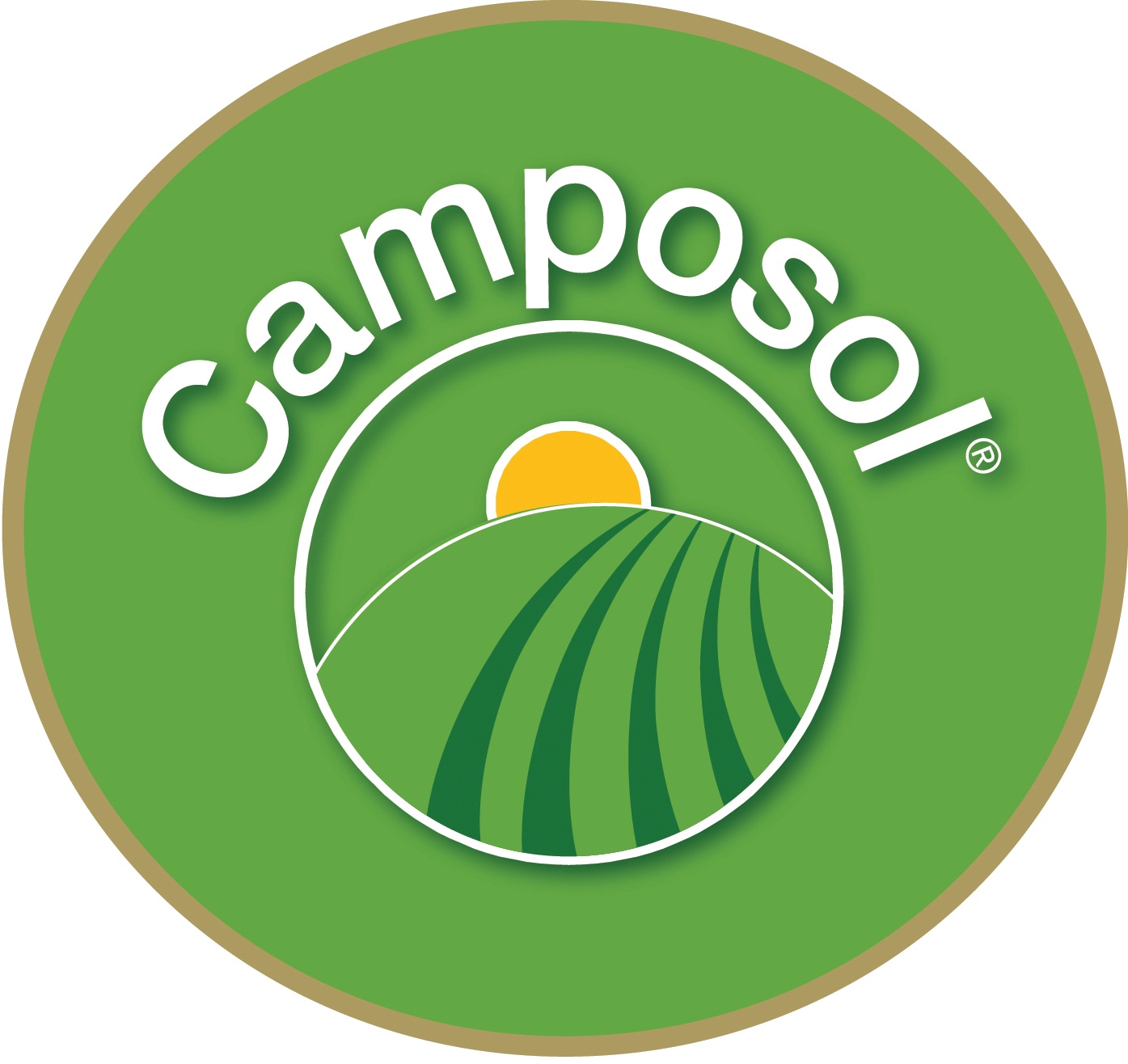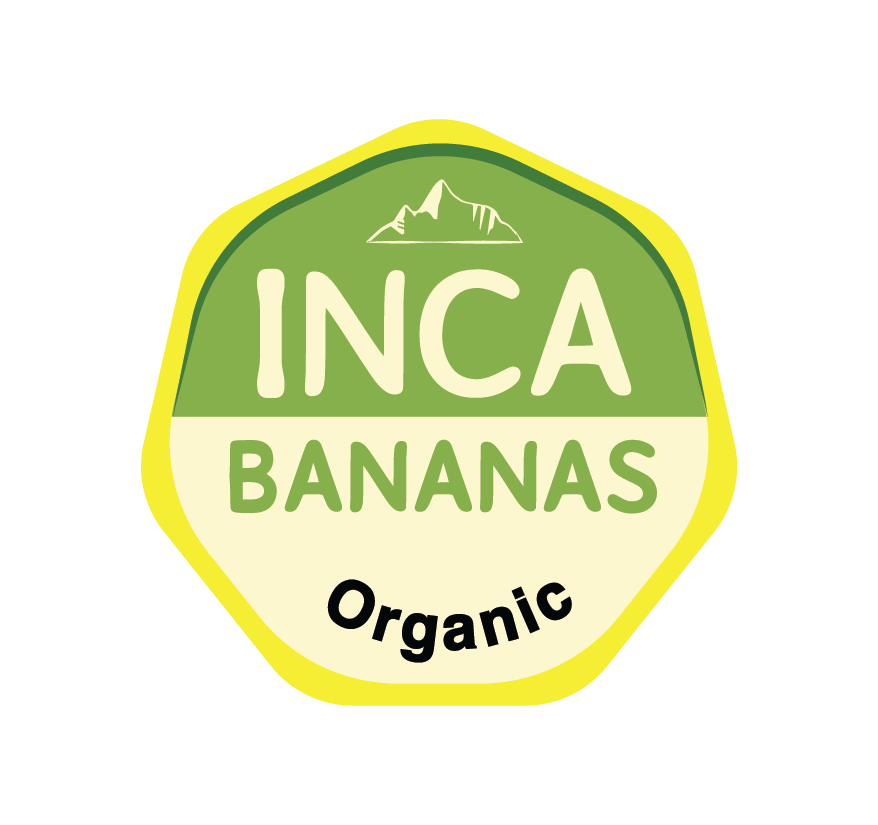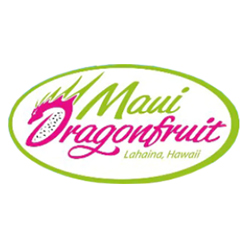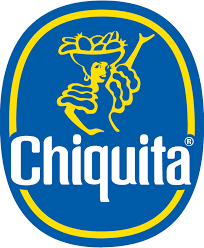In November, major banana companies including Fresh Del Monte Produce Inc., announced increased prices because of rising operational costs associated with the pandemic, and others have followed.
But most major retailers aren’t passing along the price increase to shoppers, especially when there’s a discount store nearby.
“Retailers are so determined to keep banana prices low in fear of losing customers. And it’s not sustainable for farmers,” said Kim Chackal, director of sales and marketing at Montreal, Quebec-based Equifruit, importer and marketer of Fairtrade-certified bananas. The certification is to ensure farmers are paid sustainable wages and have working conditions.
Banana prices haven’t kept up with inflation the last couple decades. The commodity is one of the top sellers in produce, comprising about 10% of produce department sales and about 1% of overall grocery sales, Chackal said.
Shoppers will pay, she said.
Most retail customers of Equifruit raise the retail price by about 30 cents in Canadian dollars.
“It moved from 69 cents a pound to 99 cents a pound, and it wasn’t really a big deal. People kept buying them. We can finally correct (these) unrealistic banana prices,” she said.
For the week ending Jan. 7, the weighted average retail price of bananas per pound was 48 cents, and it was 43 cents the same week last year, according to the USDA.
Learn more: About the commodity of bananas
Latin America, which includes Mexico, Central America and South America, supplies about 80% of the world’s bananas, according to an April 2018 report from the University of Florida’s Institute of Food and Agricultural Sciences.
Bananas are the second most tradable fresh fruit. The main suppliers of bananas to the U.S. market are Guatemala, Ecuador, Costa Rica, Colombia and Honduras, comprising 94% of total U.S. banana imports in 2010.
The U.S. is the largest single-country importer of fresh bananas, consuming about 25 pounds a year, the report said.
And according to our Fresh Trends 2022 study, 651 out of 1,027, or 63%, of shoppers said they purchased fresh bananas in the last 12 months.
And 670, or 65%, of shoppers say they’d be more likely to buy produce with a “Fairtrade” label on it.
Organic Fairtrade is typically more popular at retail than conventional Fairtrade bananas, but retailer Longo’s, Vaughan, Ontario, entered an exclusive agreement with Equifruit to sell only conventional Fairtrade bananas from May to October 2021.
“It was very scandalous to raise the price of conventional bananas,” Chackal said. “There’s this misconception that a conventional banana shopper isn’t willing to spend more for Fairtrade bananas. Whether we’re working with discount stores, high-end stores or mid-range stores, we’ve had successful Fairtrade banana programs.
“The customer has been willing to pay more, no matter what store they’re shopping in.”
Related news:


